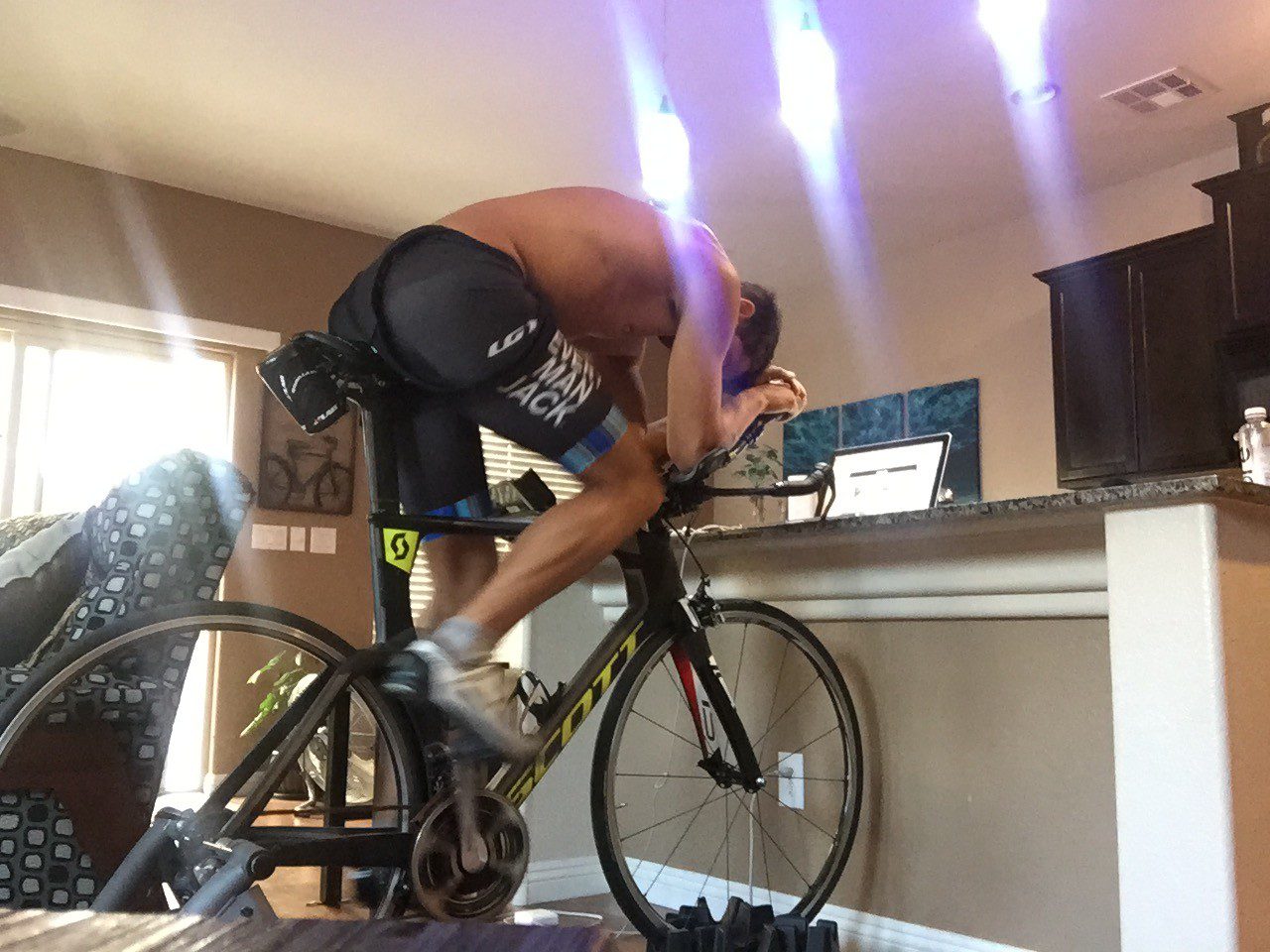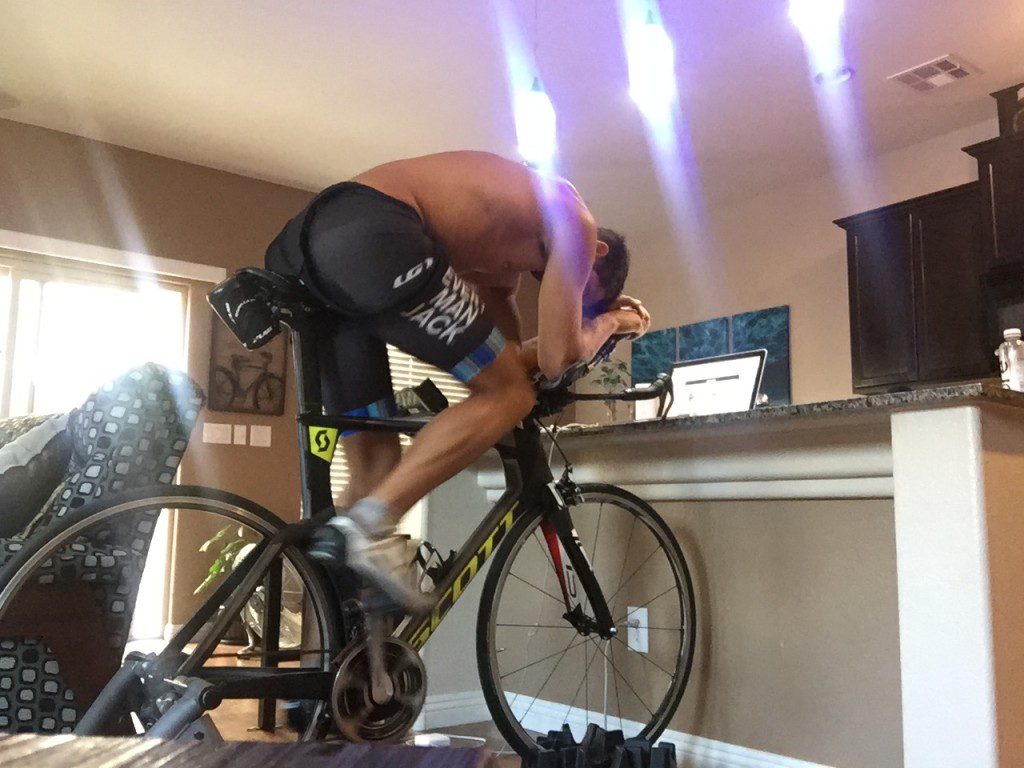Most important traits of successful triathletes

Coach Paul Duncan of QT2 Systems Triathlon Training outlines the most important traits of successful triathletes.
I find that one of the biggest struggles as a coach is helping the athlete set realistic short term and long term goals.
It’s easy to set goals, the hard part is achieving them. I have found that many athletes are great at setting far-fetched goals, but their willingness to actually follow the steps to achieving them isn’t there.
Here are a few “skills” you need to develop if you are planning to break barriers in your athletic journey. Please notice that “genetics” and “talent” are nowhere on this list. While they do play a role, I feel many people tend to use this as an excuse to not take the steps required in order to reach their goals. All of the traits below can be developed with the right mindset, you just have to be willing to get there.
- Consistency. The number one factor in long-term fitness growth. If you are not consistent in your training, long term gains won’t happen. An athlete should be able to train nearly year round if they are doing it right. Of course there should be times of very low volume built in to the plan, but if you are getting burnt out to the point where you need to take more than two or three weeks off, you are likely imposing a huge limiter on your own progress. The key to fitness is constant stimulation. So many newbie athletes tend to start their training way too aggressive, leading to fast short-term gains, but then end up getting injured or burnt out leading to months off of training.
- Self control and persistence. I see athletes (at all levels) hire a coach, agree to follow the coach’s orders, and then disregard the plan and just do their own thing. If you are going to commit to a coach’s methodology of training, you have to give it time and give it a chance to work for you. This doesn’t happen overnight, and often at the beginning of a training program, you are going to feel like you are not making immediate improvements. You are looking at the short term. If your coach knows what they’re doing, they’re looking at the bigger picture. Slow down and be patient.
- Trust and communication with your coach. To be patient with your plan, you need to understand it. That requires communication from both the coach and the athlete. A good coach values communication, so make sure you do your part to ask questions and seek to understand. Don’t disregard bits and pieces of the program without making an effort to fully understand the reasoning behind it all. Be proactive — you get what you put in.
- Realistic goal setting. This includes realistic goals short-term and long-term. Discuss with your coach what you want to achieve and how realistic your goal is for your time frame. So many athletes tend to come up with numbers out of thin air. A recent example for me is an athlete told me they wanted to break four hours for an upcoming marathon. I asked him where he got this number from. His answer — “Well, I just ran a two hour half marathon, four weeks ago”. He had no other factual information to go off of other than that. Any knowledgeable coach would be able to help him get those expectations in line based on other key factors. Understand what you can sustain going into the race. Use tools like heart rate and power rather than speed to help you set your pacing plan.
- Attention to details: Nutrition and fuelling. I don’t care how fit you are. If your nutrition and fueling is wrong, you are not going to race to your potential, period. Your coach should have a full understanding of this concept, or at least be able to direct you to someone that does. The sad part is, the majority of athletes don’t take this aspect of triathlon seriously. Why put so much time and energy into training for an event, only to have it ruined by something that is as simple as coming up with the right fuelling plan? Don’t give yourself that silly excuse. It will take some tries, but you need to take the steps to find what’s best for you — you will if you want it badly enough.

